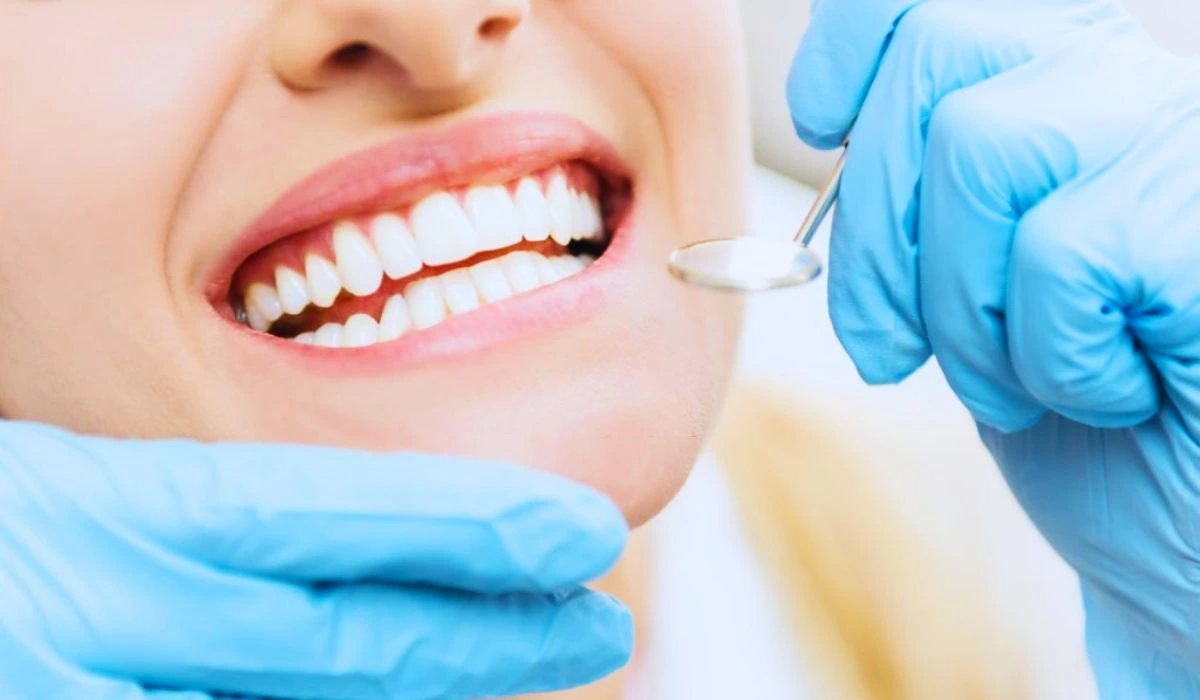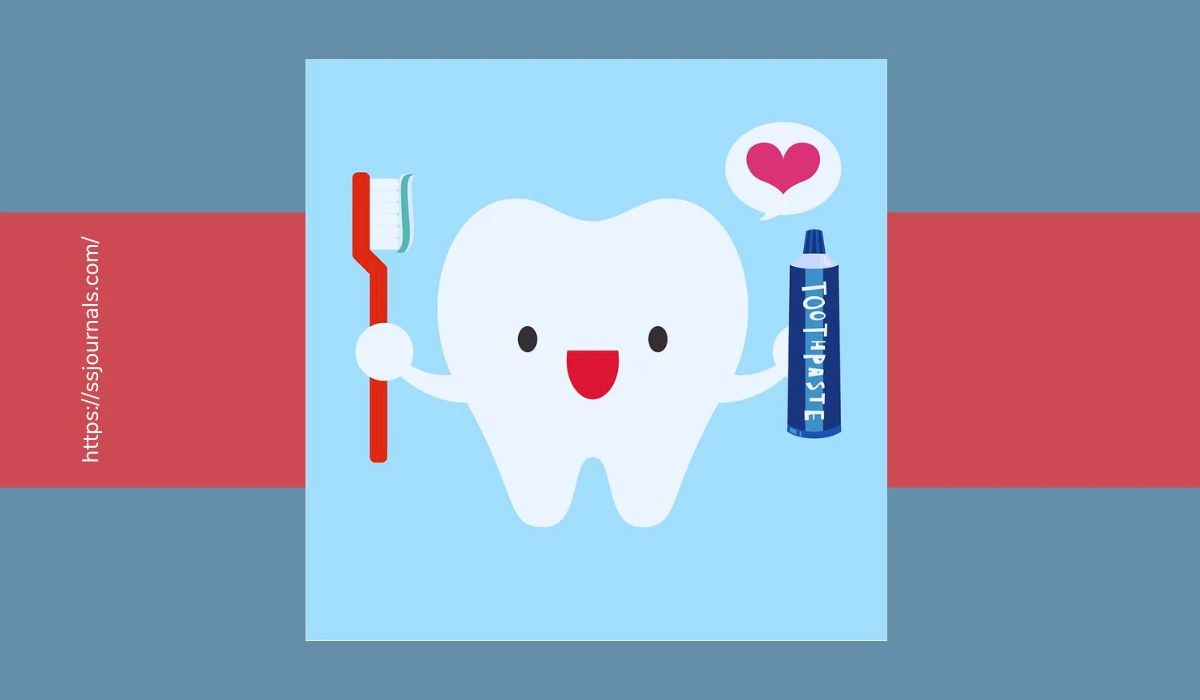Having a bright, white smile can do wonders for your confidence and appearance. While there are plenty of teeth-whitening products available, many contain harsh chemicals and can be expensive over time.
Fortunately, there are several natural, safe ways to whiten your teeth right from the comfort of your own home. In this article, we will explore the best natural teeth whitening methods, foods, tips, and common myths when it comes to getting a whiter smile.
How To Whiten Your Teeth Naturally

🔹 Baking Soda
Baking soda is an effective and gentle abrasive that can help scrub stains off teeth. To use it, make a paste by mixing 1 teaspoon of baking soda with 2 teaspoons of water. Apply the paste to your toothbrush and brush your teeth for 2 minutes, focusing on any yellow or discolored areas. Be sure to rinse thoroughly after. Limit use to 1-2 times per week to avoid damaging tooth enamel.
🔹 Hydrogen Peroxide
As a bleaching agent, hydrogen peroxide can help whiten teeth. Mix equal parts hydrogen peroxide and water and swish around your mouth for 1-2 minutes. Then rinse thoroughly with water. For best results, do this 1-2 times daily. Make sure to consult your dentist first before trying this method.
🔹 Apple Cider Vinegar
Apple cider vinegar contains acetic acid, which has natural whitening properties. Either use it straight or dilute with water and gargle for 1-2 minutes before rinsing your mouth thoroughly with water. Do this once a day. The acidic nature makes this method unsuitable for people with dental issues.
🔹 Strawberries
Strawberries contain an enzyme called malic acid which acts as a natural astringent to remove surface discoloration. Crush a few ripe strawberries into a paste and apply it to your teeth using a toothbrush. Leave on for 5 minutes then rinse. You can do this daily. The vitamin C in strawberries also helps remove plaque buildup.
🔹 Coconut Oil Pulling
Oil pulling with coconut oil can help get rid of bacteria in your mouth that cause plaque and stains. Put 1 tablespoon of extra virgin coconut oil in your mouth. Swish and pull the oil between your teeth for 15-20 minutes then spit it out. Rinse your mouth with water. Do this daily for whiter teeth.
Also Check: What Are The Signs Of Calcium Deficiency In Teeth?
The Best Foods for Whiter Teeth
What you eat impacts the color of your teeth. Try to incorporate these foods into your diet to naturally whiten your teeth:
- Water: Helps wash away stains and keeps teeth clean.
- Strawberries: Contain malic acid to whiten.
- Apples: Scrubbing action cleans teeth.
- Celery: Crunchy fibrous texture scrubs away plaque.
- Carrots: Contain vitamin A to help remove plaque.
- Broccoli: Contains iron which creates a tooth-friendly pH level.
- Shiitake mushrooms: Contain an enzyme called lentinan which helps get rid of plaque.
- Spinach: Iron content causes a protective film to form over enamel.
- Dairy: Help strengthen tooth enamel to prevent staining.
Teeth Whitening Tips

- Brush twice daily using fluoride toothpaste and floss daily to remove plaque and surface stains.
- If using activated charcoal, lemon, or baking soda, limit use to 1-2 times per week to avoid damaging enamel.
- Rinse your mouth thoroughly after consuming staining foods or drinks like coffee, red wine, dark berries, etc.
- Get regular dental cleanings every 6 months. Having your teeth professionally cleaned removes stubborn surface stains.
- Avoid smoking cigarettes and chewing tobacco, two activities that can cause major tooth discoloration.
- Drink through a straw to help prevent stains from coffee, tea, or red wine.
- Use teeth-whitening toothpaste to get rid of surface stains with regular brushing.
Read More: 5 Ways to Improve Your Overall Dental Health: Unlock A Radiant Smile
Teeth Whitening Myths
🔶 Myth 1: Whitening is permanent
While professional whitening can last for years, no whitening method is permanent. A maintenance routine is required.
🔶 Myth 2: Whitening ruins your enamel
Whitening only removes surface stains, not enamel. However, overusing products with harsh chemicals can damage enamel over time.
🔶 Myth 3: Whitening is unsafe during pregnancy
It is best to avoid any unnecessary chemicals during pregnancy. Check with your dentist first.
🔶 Myth 4: Store-bought whitening kits work quickly
Professionally done in-office whitening works faster. Over-the-counter kits can take weeks to show results.
🔶 Myth 5: Whitening toothpaste whitens teeth
Whitening toothpaste only helps remove surface stains. It does not contain bleaching agents to change enamel color.
🔶 Myth 6: Activated charcoal whitens teeth
It may appear whiter right after use, but charcoal is too abrasive for dental enamel and can cause damage over time. Check with your dentist before using.
Conclusion
Achieving whiter teeth is possible right from the comfort of your own home using natural ingredients like baking soda, hydrogen peroxide, fruit, and coconut oil pulling. Be sure to incorporate enamel-strengthening foods into your diet and practice good oral hygiene habits.
Avoid common teeth whitening myths. Speak to your dentist before trying any new whitening methods and never overuse any bleaching product. With consistency and patience, you can safely reveal a brighter, whiter smile.
FAQ
A: Limit natural whitening methods like baking soda or coconut oil pulling to 1-2 times per week max. Overusing them can damage enamel.
A: Enamel-safe whitening strips from the dentist are safe for most people when used as directed. Avoid overuse which can cause sensitivity.
A: Lemon juice does provide a bleaching effect but the high acidity makes it bad for enamel. Use no more than 1-2 times weekly if at all.
A: Charcoal may remove surface stains but it is too abrasive for enamel so does not produce permanent whitening. Use gently no more than 1-2 times per week.
A: Professional treatments do not weaken enamel. Overuse of store-bought whitening products with harsh chemicals can cause damage over time. Always follow instructions carefully.

